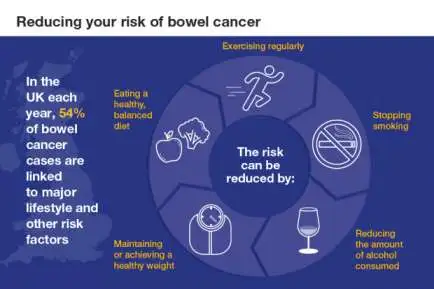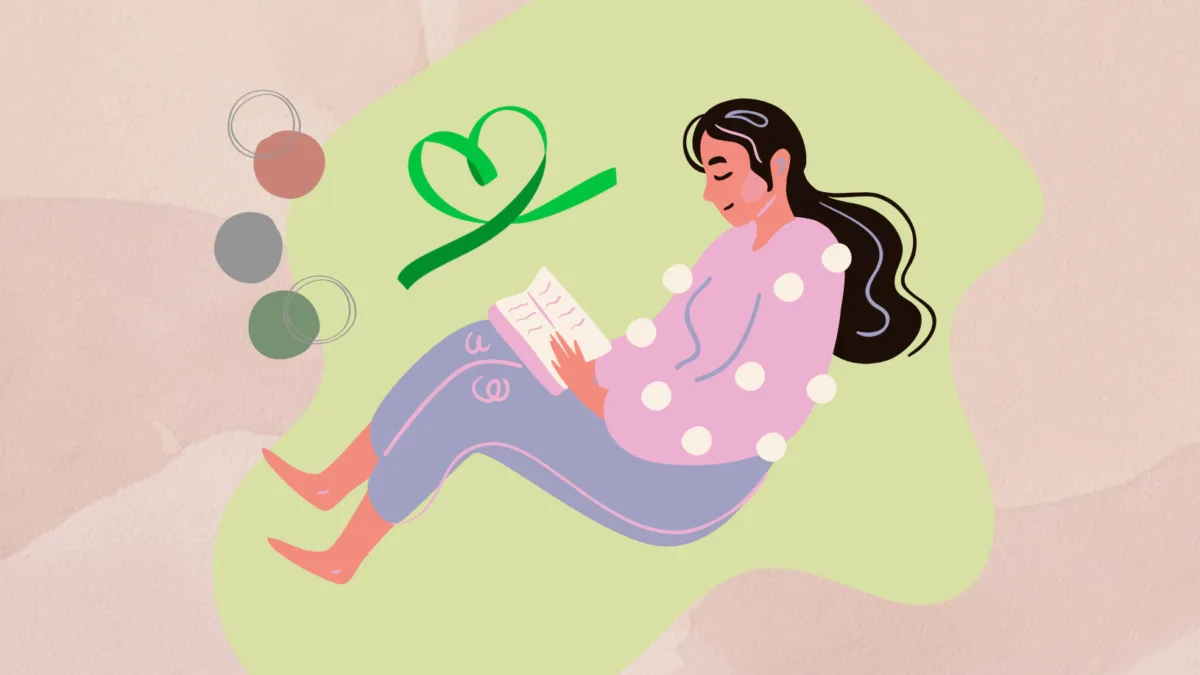
What is it that makes us, us? Here we explore the role our memories play – and what happens when they’re taken from us
Recently, I got around to watching Pixar’s Inside Out, an animation depicting the emotions and inner workings of the mind of an 11-year-old girl as her family moves to a new city. In the film, we see a fun interpretation of how memories are formed, charged with emotion, and stored away, with unimportant memories being tossed aside by cute, jelly bean-shaped mind workers.
While this representation is simplified (and sadly there are no jelly bean workers), it got me thinking about memories and how they shape us. A lot of people see memory as an important part of who we are, with philosopher John Locke being one of the first to suggest that memory forms the foundation of our identity. And this idea makes sense. After all, our experiences make us who we are, right? Well, as I’ve discovered, not necessarily.
If this was truly the case, what happens to those who lose their memory? Does their identity simply vanish along with the memories?

What can affect our memory?
To explore this idea it’s helpful to first think about memory itself, and how it can be affected. Unlike in Inside Out, our memories are not shiny orbs that can be stored neatly away, they are lots of different and distinct recollections, sprawling throughout our brain. Our long-term memories do indeed have a physical presence in the brain, with similar memories often clumping together. It’s also generally accepted that emotion has an effect on memory – in some cases, it makes an event more memorable, but it can have the opposite effect and lead to memory loss.
Grief, for example, can disintegrate memories. Studies have shown that those experiencing “complicated grief” (when feelings of grief don’t ease over time) can find it difficult to recall memories that don’t involve the loved one who’s passed, while for others the trauma of the experience plays a role. After her mother died, Callsuma Ali became her father’s primary carer for seven years but, after his death earlier this year, Callsuma’s memory of this time has faded.
“I only remember the last three years clearly, as I have pictures and videos, but the seven years I was at home with him after my mum passed is a blur,” Callsuma says. “I’ve been told I put in place most of his care, took him to hospital appointments, and helped manage his dementia, but I really can’t remember.”
Trauma is often linked to memory loss. Lorraine Matthews didn’t become aware of her missing memories until she had a flashback during therapy where she realised she’d been abused by her father.
“One of the most difficult things was that I didn’t have a narrative memory to go with the knowledge,” Lorraine explains. “I still don’t, even though subsequent events have proved that I was right.”
For Lorraine, this trauma formed a crack and she was diagnosed with dissociative identity disorder in 2016. This has, understandably, made the connection between memory and identity complicated.
“My personality is split by the trauma. I have ‘parts’,” Lorraine says. “So, the part I think of most as ‘me’ is an adult part of the personality. The one who is unaware of the trauma on a narrative level and is able to cope with everyday life.
“Then there are the parts of my personality that hold the trauma memories. Parts that are terrified, unaware that we are now safe. For me, these parts are around all the time, but I’m often only aware of them if something triggers me.”
Dementia, and especially Alzheimer’s disease, are other conditions associated with memory loss. This can be devastating to the person living with the condition, and those around them. The way memories shift and slip depends on the diagnosis, and how progressed the disease is.
“Some events, regardless of our memory of them, can score a deep line in the book of our lives”
Then we have brain injury, a memory thief that comes unannounced and typically follows an accident where the brain has been damaged. Again, the way this affects memory will differ from person to person, with some people losing past memories, while others are unable to form new ones.
How does memory loss impact identity?
As you may expect, there are no clear cut answers here, and the truth is that it will depend on the person who’s experienced the memory loss. When Claire fell off her bike in 2014, she went into a coma and experienced memory loss. She believes we are who we are despite absent memories, and that, even when they’re not remembered, events and emotions can still impact us as people.
“I don’t remember much of my life when I was rehabilitating – it feels far removed from who I am now, and who I was before the injury,” says Claire. “But I believe it’s impact on my life does form a part of my identity. It made me a little bit more resourceful, resilient, dependent on God, and content with less.”
Some events, regardless of our memory of them, can score a deep line in the book of our lives. For some, a helpful approach is to simply turn the page and move forward. At Headway East London, a charity supporting those with brain injuries, the community has been set up to rely less on previous life narratives. Occupational therapist at Headway, Laura Jacobs, explains: “I have learned to focus on the other ways in which our identities can be formed or shaped. In Headway, members’ identities are located in the future, rather than their past.
“There is always something being created – a project, piece of art, performance, or lunch to plan for, and members are transformed into actors in times where the identity is located in the present and the future.”

Laura also notes that our sense of self relies on our roles and how we relate to others. “We are all daughters and sons, maybe parents or siblings, pet owners, and friends. These are huge roles and we could do better to cultivate them! I now actively look for other ways that identity can be developed which don’t rely on memory, but rather on something that connects us to the here and now. Whether this involves creating something, or a way of connecting with someone.”
Counselling psychologist Rebecca Corney explains that alongside our roles, our moral traits can also hold significance, with research indicating that moral identity is of more importance than memory in preserving a sense of self in dementia.
“Our moral traits, including our empathy, compassion, and our value systems, are relatively preserved in Alzheimer’s disease, and say more about us than our memories.”
Who we are, then, cannot be limited to the memories we hold. Certain experiences will no doubt affect our identity, but it isn’t necessarily the memory of these events that defines us, but our reaction to them. Our identity is a tapestry, with different strands braiding together to make us, us.
“I now actively look for other ways that identity can be developed which don’t rely on memory, but rather on something that connects us to the here and now”
Making adjustments
If you’ve experienced memory loss, you may feel a shift in your identity, but there are adjustments you can make to help you cope. Laura Jacobs, from Headway, recommends focusing on things that are less dependent on your past life narrative to define identity.
“This may be creating a new role – such as an artist, cook, or volunteer, or learning a new skill. Keeping your gaze to the current moment rather than the past can also really help with feeling grounded. I highly recommend meditation or mindfulness activities which bring you back to your body and the moment.”
Counselling psychologist Rebecca Corney also highlights the power of talking therapies. “Psychology has much to offer people living with memory problems, whether this is support for relatives or the person themselves. For people living with dementia, there are some interventions available on the NHS, such as cognitive stimulation therapy, to help maintain and improve cognition and memory.”
A common thread that weaves itself through any advice in regard to memory loss (whether you’re the one affected or someone you love) is to be patient. Understand that things may work differently and may take more time than before. Surround yourself with support, get professional advice, and know that who you are will always run deeper than memory.
Rebecca Corney is a counselling psychologist, who specialises in working with older adults and their families, as well as offering supervision and training to colleagues.
Learn more about memory loss and memory and find a counsellor to support you at counselling-directory.org.uk
Related Post
 08
08 Jul
What Is Self-Management of Chronic Disease?
Diabetes, joint inflammation, hypertension, lung illness, corpulence and other persistent sicknesses can make life challenging to oversee for a great many more seasoned grown-ups, frequently compelling them to surrender their freedom. The Challenges of Chronic Disease More established grown-ups are lopsidedly impacted.
Read More 01
01 Jul
7 Lifestyle Tips to Reduce Your Cancer Risk
How in all actuality do individuals bring down the possibilities getting malignant growth? There's a lot of exhortation. Yet, on occasion, guidance from one review conflicts with the exhortation from another. Disease avoidance data keeps on creating. In any case,.
Read More 27
27 Jun
Effective Allergy Treatments for Kids: A Comprehensive Guide
Is your youngster experiencing a runny nose, sniffling, and bothersome eyes? Assist them with feeling improved with these regular sensitivity cures you can attempt at home. Does your kid have a runny nose, sniffling, and irritated eyes? They may be managing.
Read More 20
20 Jun
Journal Prompts for Mental Health: 7 Ideas to Explore
Journaling has a heap of psychological well-being benefits, however you don't necessarily have any idea what to expound on to get the worth out of a journaling meeting. That is where journaling prompts for treatment come in. More profound diary prompts.
Read More